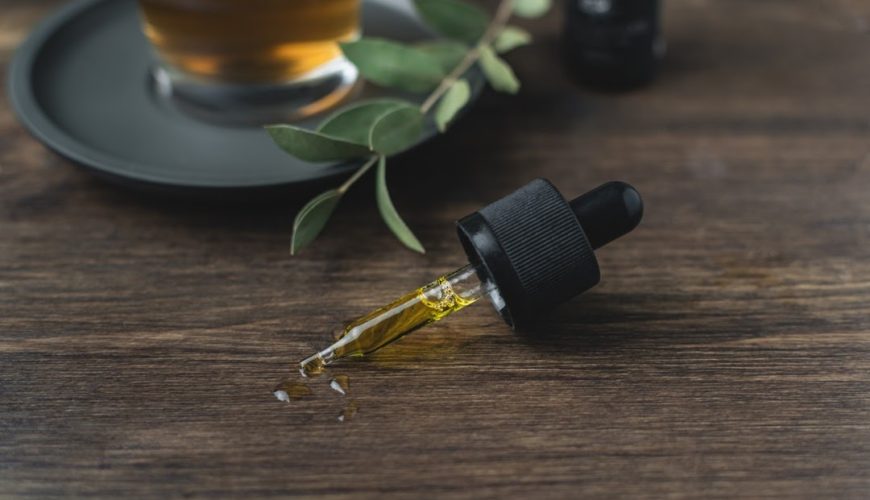It’s never been a better time to talk to your primary care physician about trying CBD. After all, the CBD market only continues to grow and expand, introducing buyers to new CBD products, brands, and wellness applications.
However, it’s reasonable to be a bit skeptical of CBD’s supposed positive effects. With so many users touting the possible perks of CBD products, it’s hard to know which products are and aren’t worth your money. To learn more about the CBD industry and whether or not CBD is worth all of the fanfare, here’s what you should keep in mind.
The FDA and CBD have a strange relationship.
If you’re looking for information on CBD from a purely legal standpoint, the compound exists in a bit of a gray area. Currently, there are no United States Food and Drug Administration-approved medications that contain any CBD, THC, or other cannabinoids. As such, it’s important to know that, no matter the possible efficacy of any CBD, it’s not a substitute for prescription medication. On top of that, CBD research is still in its infancy. Thus, while many users treat CBD like medicine, there isn’t currently enough research to support many of the claims surrounding this cannabinoid.
It’s also important to understand that we may not know all the potential side effects of CBD. For example, depending on your dosage, the CBD blend, and other contributing factors, you could have an adverse reaction to CBD oil or other hemp products.
Because no FDA-approved new treatments contain CBD, this means that it’s important to do your own research on any brands or CBD businesses before you buy. This includes requesting lab testing reports and CBD purity information. Since CBD interacts with your cannabinoid receptors in different ways, a bit of research can help you find the right productions and formulations to help you with your specific wellness goals.
CBD has shown promise and potential.
While there’s no way to confirm or deny the current praise surrounding CBD, it’s clear that cannabidiol holds unique potential. Whether that lies in medicine or alternative wellness treatments, however, remains to be seen. CBD may show unique properties for one person, and for another, it may be little more than a placebo. However, out of all of the proposed benefits of CBD, common threads and effects of CBD include the possibility that it can help with certain feelings of nausea, general anxiousness, and potential anti-inflammatory effects.
Though these positive benefits and effects of CBD have yet to be corroborated by scientific consensus, you can always discuss CBD with your primary care physician. In fact, before trying any new supplement, wellness product, or oil with CBD as an active ingredient, it’s a good idea to discuss your specific intentions and health goals with your doctor.
Your physician may even recommend different CBD brands or products that align with your wellness goals. In certain cases, a primary care provider may warn you of any adverse effects of CBD and even advise you to pursue other supplements or products. If your physician gives CBD the green light, though, feel free to start shopping. Some innovation comes in the market for the last few years. Some businesses managed to make a supplement-like capsules like Field Queen.
CBD is here to stay.

Though CBD seems like a fad to many, there’s no denying CBD’s effect on the general public. CBD treatments may yet have some medical applications, though it’s still much too soon to tell. As it stands, there’s existing research and recent studies that show promise, though animal studies and human trials are relatively new, scientifically speaking.
However, all signs point to CBD being a long-lasting wellness option for those looking for additional supplements or alternative healthcare treatments. As long as you talk to your doctor and do some research, you can give CBD a try for yourself.




